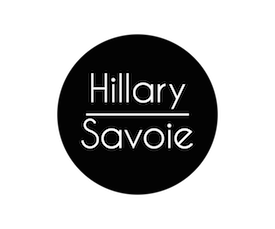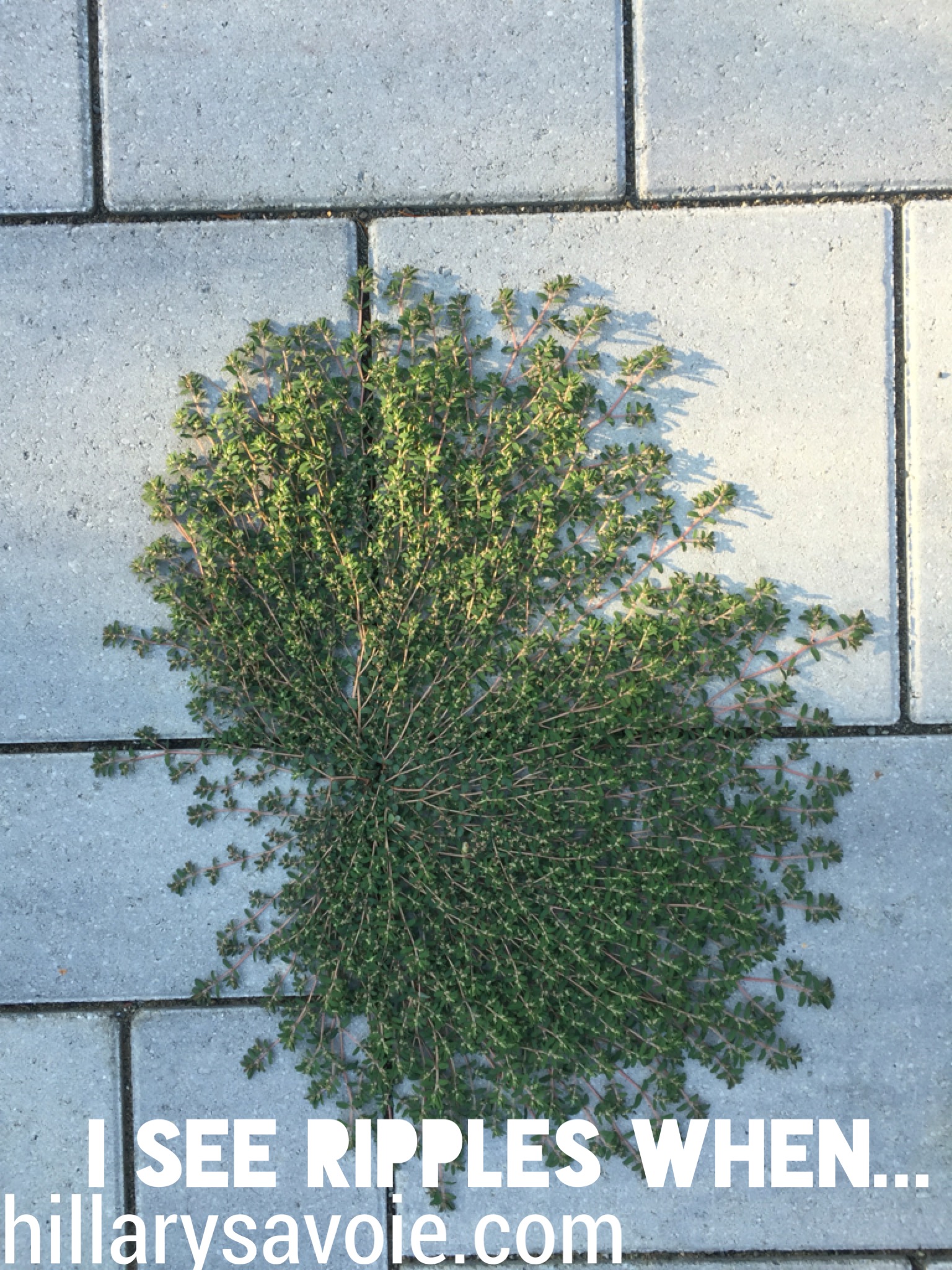I never thought I was a writer. And yet, here I am. This week I published words that terrified me…terrified and thrilled me.
I’ve never felt as much or as little of a writer as I do right now, typing these words.
***
When I was 15 my history teacher and met to review a draft of an essay I wrote about Christopher Columbus. “Hillary,” he said, “whenever I sit down to read one of your essays I have to take a deep breath before I dive in. I know I’ll have to open my mind.”
I knew then that there were ways my words could change the way a person thought…if I set those words down on paper I could make something be that wasn’t before.
***
Six years ago, pregnant with my daughter Esmé, I worked on my dissertation most days in a Panera partway between school and home. I’d sit for hours pounding out words on my keyboard, thinking about radio and public memory—about the stories we tell ourselves. As I grew my work there, my belly grew as well.
At Panera I made a friend. He worked most days I was there, clearing my plate when I finished my morning bagel. His words slippery and, at times, difficult to decipher, one arm clutched to his side, a kind smile that never failed to make me smile. One day, after months of knowing him, he told me about the car accident that injured his brain when he was a child.
As he spoke to me, for some reason, I thought of the child I was carrying. I could not have known that my own daughter’s words would, six years later, still escape me, that her own limbs would struggle to serve her wishes.
That her smile would rule a room.
***
When I was seven my grandfather tried to convince me to write a book. I’d tell him stories about the fairies that lived in the woods near my house. He’d tell me to write them down. He said, if I did, he would call his publisher.
He’d say that, of course, when he was only a bit manic. This was the most fun…when he was spinning, and spinning, threads of delight, but not so far down the line of excitement that he was weaving his own tall tales.
He was the only grownup I knew where the line between truth and fiction was beyond comprehension.
Thrilling and terrifying. Terrifying and thrilling.
My grandmother helped me staple the pages together on my book—printer paper, folded and cut, carefully lettered words, crayon drawings. I carried it down the darkened hall, following the far dim light from Grandpa’s desk, his profile illuminated as he bent over his word processor.
I worried he was the other Grandpa now. But, my Grandmother nudged me forward.
“Grandpa?” I held out my work eagerly.
“Not now, Hillee. I’m working.”
Grandma shuffled me back into the brightness of the kitchen.
Later she would pull the book out of the trash, flatten the pages I crumpled.
I would find it, years after she was gone, tucked in one of her photo albums.
***
I cannot claim to have been particularly sensitive to disability before having my daughter. I never thought about how a car could come along, crashing through a life, leaving everything different in its wake. I never thought about how the genes in the cells forming a baby might replicate errors over and over and over in every cell in her body, the effects of which would still consume most every thought in my head many days for the first years of her life.
It never occurred to me that there would come a time that I would be using my words to write obsessively about disability—about my daughter’s disability.
It also never occurred to me that speaking for my daughter would consume so much of my voice. I would find myself struggling to find my footing to speak with authority about the other things that matter to me.
And yet I found myself struggling with the decision to write about the sexual assault of my former classmate—someone I knew at the time I was writing angry essays about Christopher Columbus. As I placed my words on the page for the second time in two weeks, searching for the way to describe our former school’s actions at the time of the assault and now, my voice broke apart. Splintering and reforming around the idea: It is our obligation to believe women about their assaults.
It is our obligation to care for others.
It is our obligation to tell their stories.
It is our obligation to check power, to speak up.
It is my obligation to loan my voice to my friend. As I loaned it to Esmé.
Perhaps someday I’ll understand the edges of my voice.
***
In the days after Esmé was born—while I walked around the hospital in a daze, trying to make sense of the fragile baby waiting for me in the Neonatal Intensive Care Unit—I began to understand that becoming a mother was not going to be at all what I imagined. When other new moms were propped up in hospital beds, clutching their new joys, welcoming visitors bearing flowers and kind words, doling out hand sanitizer like the first person who ever heard of a germ…instead, still sore and swollen and bleeding, I wincingly cared for myself in the dirty public restrooms in the hospital. I caught the pitying glances of my loved ones and strangers alike.
One morning, as I waited for whatever hot breakfast was on offer in the hospital cafeteria, I watched as a man worked behind the counter. He struggled to understand the orders, his voice hesitant, words truncated and stuttering, he kept glancing toward the supervisor for help. Eyes nervous and kind, a tentative smile on his lips, he asked me my order. I had to say it three times before he understood—I smiled each time and his own smile grew.
As I stepped back to wait, I heard two grown men in suits snickering: how hard is it, we’re going to be late, and so on. The man behind the counter knew of course. He couldn’t hear them…but their posture said it all.
I saw my own daughter’s three-day-old face in front of me. I imagined her on the other side of the counter. My eyes welled up.
My words escaped me.
***
I never thought I was a writer. But I always wrote.
I always wrote.
I thought I wanted to be an artist—an architect. Yet my black sketchbooks were filled with words. Some sketches too, of course. But my brain danced with words. If I didn’t put them down on paper my head would ache with need.
In high school I gave my words to my English teacher, telling her, “I’m not a writer, but I write.”
“Hillary,” she said, “you are a writer. You’re a poet.”
“No…I just like it,” I said.
***
Today I saw my friend at Panera. I don’t visit as often as I used to, so although we smile at each other every time, he doesn’t stay to talk to me like he used to. I’d been afraid my friend had forgotten me. Today, he caught my eye as I sat down, “Hi, Hillary,” he said. I replied, “Wow, you have such a good memory for names!” He smiled his kind smile at me and replied, “You aren’t here much now. Last time I couldn’t remember. So I went home and sat down and thought about it, until I remembered…Hillary!”
Sometime I feel like I’ve forgotten too.
Sometimes I have to sit down and think about it until I remember who I am as well.
This has been a Finish the Sentence Friday post. This week’s sentence is “This summer…”
Host: Kristi from Finding Ninee



Astounding words, I could not take my eyes off until I completed reading the last word. Beautiful.
Thank you so much! That is so kind of you to say.
This is lovely. Being a voice for our children is so important but it is also important to remember who we are. That way we can be the best we can be for our children. Thanks for sharing.
Yes. This balance is so important. I feel like I am just starting to find myself again…I’m here and I am trying to redefine that line between myself and Esmé. It is not easy. But it is necessary–both for me and for her. Thank you for reading!
Beautiful, simply beautiful. I found my voice through writing as well, I think you are right it is an obligation but more a calling to use our words to have a positive ripple effect. Even when the ripples hurt
Yes. It is absolutely a calling, isn’t it? So many of us who write do so because we cannot not do so.
Wow, so many beautiful images, rippling throughout this post. I was especially moved when you imagined your daughter as the person on the other side of the counter. I do that, too. Not necessarily with my daughter but with various people in my life. It expands my awareness and compassion. Thank you for sharing this.
Thank you for reading! That kind of storying of others is really helpful for empathy, isn’t it? It just makes us so much more aware of others, how we would feel if something happened to someone we love (which is oddly more compelling then imagining it happening to us, right?)
This is beautiful Hillary. Truly. It’s funny – I never thought much about disabilities before becoming a mother either and I think that thinking about them has made me better. I think I was always kind to the man at our grocery store who sounds a bit like your friend at Panera but I’m definitely more patient than I used to be. So glad you wrote this.
Hey – I read your other essay as well – BRAVO!
Glad you liked the other essays too Kristi! The last few weeks have been a bit of a trek for my writing, emotionally. I am like you, I am rather sure I was kind in the past…but holy hell am I kinder now–and I am ready to mama bear for anybody who I see being treated poorly.
This is beautiful. You definitely have a poetic way of weaving words and stories, layers of meaning swirled together like colours of candyfloss, until they make a whole. I’m glad you still have that link with your friend at Panera, no matter how small. I’m glad he inspired you. I’m glad you are inspired to write, to share about your story and to urge people to stand up for one another, to LOVE more.
Thank you Lizzi. I love this idea of my words being like candyfloss! I have always thought that I wrote a bit like M M Bakhtin…in spirals of meaning, picking up things as I go. My two (short) books both read that way. But I wasn’t sure if other people saw it, felt it…or responded to it. I appreciate your mentioning it!
M M Bakhtin is not an author I’m familiar with, but I really like your style, so perhaps I should investigate 🙂
Hi Lizzi. He is a Russian scholar who wrote about philosophy and literary theory. He writes in spirals. It is truly a thing to read!
Your writing is so lovely. Powerful stuff. Words, written or spoken. Smiles. Kindness to someone who’s struggling. It goes a long long way. Those of us born with disabilities search for reactions from people that are kind and compassionate. Thank you for being that way. I can see the birth of your own daughter has made you an even more compassionate person, to be the mother you are to her.
I look forward to reading more of your writing. The ways in which you describe writing are so relatable for me that I will return to read more.
Thank you so much! I look forward to reading more of your writing too! Kindness is not something I nurtured in myself, embarrassingly, as much as I did other characteristics. I wanted to be smart, witty, fast, more than I wanted to be kind. I do think I have a kind heart and I have always been friendly, I think–but it is only recently that I have really tried to focus on it, to grow it. It started before Esmé, but she is the kindest person I know (except when she bites me :)) and I have learned a lot from her.
I’ve never visited your site before, Hillary (I also linked up through FTSF), and this piece made me want to know so much more about it. Each vignette intrigued me, and I love how you wove them all together.
I know a few men like your Panera friend – at the grocery store, bussing tables, mopping floors. Their smiles are contagious, and every time I interact with one of them I feel happier.
Welcome! And thank you Dana! I actually spent the day in the car with my mother yesterday…bringing my daughter to Boston and back for her doctor’s visits–and we talked a lot about my grandfather. I think I’d like to write more about him. He was a very talented man with a very difficult history of mental illness. There is such a story there…
Gorgeous. I always wrote too.
I had a baby in the NICU and I wrote and wrote and wrote. Three years later, nearly four, my sister had a baby in the NICU. I told her to write and write and write. She does and did.
I’ve been writing since as long as I’ve learned to write. My fifth grade teacher said, “If you don’t grow up to be a writer, I’ll eat my arm!”
She never ate her arm. She’s undergoing cancer treatment these days and I always tell her daughter to tell her mother, “She’s writing, Mom. She never stopped. Your words mattered and matter, Mom.”
Really a pleasure to read. This reminds me to share my voice as well.
Thank you Sarah! I think we all have so much to say!
this just blew me away …I had to finish it so powerful yet beautifully soft. x
Geraldine, thank you! I really appreciate your saying so! XO
Beautiful piece. It draws you in to the last sentence. x
Thank you! I am so happy you enjoyed it!